Acne
What is Acne?
Acne is an inflammatory disease of the skin that typically affects the skin of the face, upper neck, chest, shoulders and back. It is characterised by the presence of:
(blackheads)
(pus filled spots)
Active acne causes pain and discomfort and is a source of significant psychological distress for anyone who suffers from the condition. The distress comes from the appearance of the skin (facial skin especially) becoming significantly affected. For young adults and teenagers acne can be of significant distress and even be a cause of bullying at school.
Worst of all if not appropriately treated it leads to permanent scarring. Acne scarring is the most common form of permanent scarring affecting people around the world. This is due to the prevalence of acne. Even if acne has ceased or been cured the scarring caused by poorly controlled acne will remain indefinitely and is difficult to treat.
Acne scarring is so prevalent that treatment of acne scarring is expected to grow by a value of $10.8 billion from 2023 to 2031
Dermatologists are fully aware that the spectrum of psychological illness caused by acne and acne scarring ranges from:
Many of these factors cannot be controlled by the patient through skincare, lifestyle or dietary modifications as is commonly suggested.
The main well understood factors that contribute to the formation of acne are listed below. They are into medically well accepted factors and factors where there is some good evidence to suggest there is potential for worsening the severity of acne.
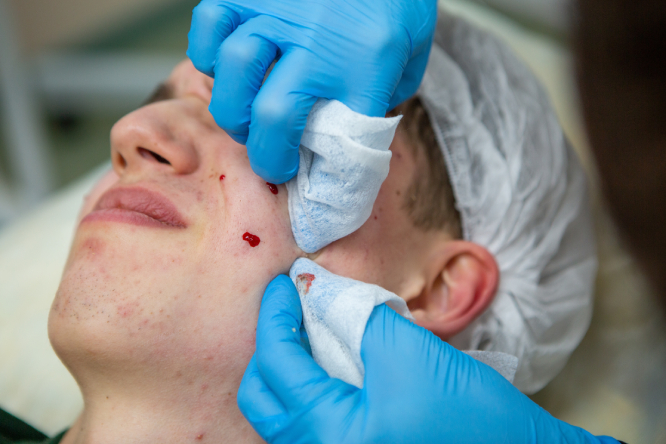
Medically Well Accepted Acne Causative Factors with Medical Evidence Based
Increased activity of the oil gland and sebum excess (seborrhoea)
Increased production and shedding of keratin (hyperkeritinisation) within the hair follicle/sebaceous gland (Pilosebaceous unit) resulting in blockage.
An increased concentration of propionibaceterium acnes / cutibacterium acnes in the hair/follicle sebaceous gland (Pilosebaceous unit)
Hormonal factors that control the oil secretion of sebaceous gland and increase keratin shedding and turnover in the skin.
Acne is not a lifestyle disease where an ‘unhealthy lifestyle’ leads to spots. Certain control measures that are dietary or lifestyle based can help improve the situation. Certain creams and skin care can also help with controlling acne to an limited extent.
The major problem is that developing acne is a large consequence of underlying genetically determined skin metabolism and hormonal factors. While patients are not incorrect to believe that factors such as diet, stress and certain products can affect acne these factors are not the main cause. They certainly may contribute and aggravate the existing predisposition for acne. We all know one friend who eats badly and never looks after their skin and still never has acne. That is because that friend has a genetic skin metabolism and endocrine profile that is well away from generating acne no matter what they do.
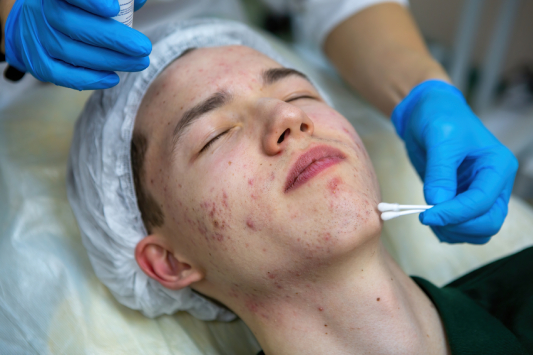
The importance of treating acne early with oral isotretinoin
We aim to give you as much evidence-based information as possible before you even come to see us for a consultation. By the time you see one of our professionals we would like you to be thoroughly informed and aware of the process as well as risks and benefits. If you as a patient believe that UK guideline compliant oral isotretinoin therapy is for you then Dermacne will streamline the process and make this a possibility. Even though it is a treatment that is technically available via the NHS it is unfortunately difficult to get access. Multiple factors have contributed to difficulty in accessing appropriate acne treatment in the NHS.
Why is Acne and Acne Scarring a Growing Problem in the UK?
Find out more about Acne and Acne Scarring
- Not enough funding and infrastructure exists in the NHS to effectively manage and appropriately treat acne.
- Even though acne is one of the most prevalent dermatological conditions it ranks as a low priority for NHS dermatology services and this factor was exacerbated due to a reduction in service availability limitations during the COVID Pandemic.
- The longterm consequences of poorly controlled acne on mental health and physical scarring are not well understood or appreciated by parents and even some medical professionals.
- There is an extensive waiting list for NHS dermatology referrals.
- Acne is often perceived as normal and not a disease. It is not seen from the perspective of the patient. Even mild to moderate acne can significantly affect the self-confidence, quality of life and long term mental health of patients.
- Even dermatologists can sometimes overlook the fact that acne often leads to long-term skin scarring. By the time many patients are referred to a dermatologist through the NHS, permanent scarring has already occurred in the majority of cases. This can have a lasting impact on a patient’s appearance, self-esteem, and mental health.
- It is appropriate that oral isotretinoin should be monitored and strict controls for pregnancy prevention are observed. However this compulsory regulatory measures adds additional financial strain on the NHS for a condition that is already perceived as a low priority. As a result there is an underlying reluctance for GPs to refer acne patients to dermatologists for fear of overburdening the service. This may be understandable in some ways but it is highly suboptimal for acne sufferers seeking help.
- The main problem with oral isotretinoin is that it is a teratogenic drug. This means that females with childbearing potential taking the drug must use contraception to prevent pregnancy whilst taking the drug. To fall pregnant on isotretinoin would lead to a severely handicapped and malformed foetus. This would necessitate an abortion. If abortion were not an option the baby would be severely deformed or handicapped for the rest of its life. However this fact is well known. Appropriately oral isotretinoin is a drug that is highly regulated and monitored. With appropriate patient information, contraception and monitoring there is no reason why females suffering from acne and that are monitored according to MHRA regulations should not be allowed access to oral isotretinoin therapy for their acne.
- Apart from this factor oral isotretinoin once stopped has no clinically proven long term effect on fertility, conception or foetal health. It is absolutely safe for females to begin to conceive 2 months after finishing their oral isotretinoin course. Conception and birth are entirely safe and risk free 2 months after a course of oral isotretinoin has been completed.
- Oral isotretinoin is one of the most well researched drugs due to its unique nature as the most effective drug for treatment and long term remission of acne. It is safe if administered and monitored appropriately. It has been available internationally since the early eighties so the availability of data and evidence that supports its use is extensive and spans over 45 years. This is more than most drugs. It is a mainstay medication in the treatment of acne and in fact the gold standard. The problem is not lack of evidence, safety or efficacy. The problem of oral isotretinoin availability is the cost of monitoring and burden to the NHS. Poor appreciation even by medical professionals of the physical and mental burden of acne as a disease and its permanent toll on health also leads to lack of referral when appropriate.
- Due to its low NHS priority patients will often seek treatment in the private sector. Unfortunately this can be cosmetic rather than medical. The result is that appropriate advice and therapeutic options are not given and patients are encouraged to go for low efficacy long term repetitive treatments. This creates a cost burden and a lack of efficacy that adds to patient suffering. In fact in many ways it can be even seen as exploitative. The cosmetic industry will often participate in scaremongering regarding oral isotretinoin and will push patients to opt for ineffective and expensive repetitive solutions to ensure longterm revenue from these patients. Acne therapy with oral isotretinoin has an end. Cosmetic treatments and creams are forever ongoing and costly.
The majority of dermatologists who practice evidence-based medicine around the world would agree with this statement. Oral isotretinoin like most drugs has potential side effects. However patients suffering with acne can be effectively treated with oral isotretinoin as long as they understand the risks and are appropriately monitored according to UK guidelines.
Dermacne has been constructed and developed as a private organisation to make access to this effective evidence-based treatment easier for patients suffering from acne.
Standard Medical Acne Treatment Pathway in the UK
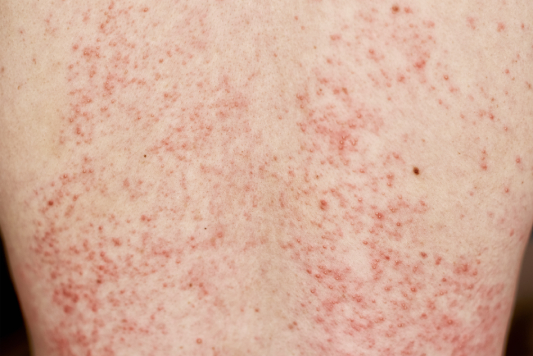
Treatment with tablet antibiotics such as any tetracycline (lymecycline, minocycline, doxycycline and oxytetracycline), Erythromycin. Trimethoprim.
Topical antibiotic and Benzoyl Peroxide containing lotions or gels such as Duac gel, Dalacin T lotion, Zynerit gel
Retinoid gels such as Isotrex (Isotretinoin gel), Adapalene gel/cream, Epiduo (Adapalene and Benzoyl peroxide)
Retinoid-antibiotic combination gels such as Treclin gel (tretinoin and clindamycin), Isotrexin (Isotretinoin and erythromycin)
FEMALE PATIENTS ONLY – Oral Contraceptive Pill (most effective are Yasmin and Dianette)
Dermatologist Referral
When acne is severe, prolonged or difficult to control despite treatments above initiated by the GP a referral to the NHS dermatology service is made. The problem here is that acne referrals are not a high priority and the wait times to be seen by an NHS dermatologist are considerable. At the point of writing the current wait time ranges between 6-18 months depending on which region of the UK you are situated in. Once you see the dermatologist at the hospital you will be escalated to the following options:
Oral (tablet) Isotretinoin (the medication that the Dermacne.co.uk service makes available) – works long term and suppresses acne even after a course is completed. Prescribed for male and female patients.
Spironolactone (a medication that helps reduce oil gland activity by blocking androgen receptors on oil glands) – only works as long as you take it. It is prescribed for women. It is not considered a suitable option for men due to its effect on reducing testosterone levels and potential problems such as sexual dysfunction and gynaecomastia (male breast tissue formation and enlargement).
By the time the NHS dermatologist is seen Oral Contraception for women or long term antibiotic therapy will most likely already have been tried at the GP/Primary care level unless there is a reason why it may be deemed as an unsafe option. These will not usually be options considered by the NHS dermatology service. If the dermatologist suspects other potential factors that may contribute to acne these will be investigated. This may involve screening for disorders such as Polycystic Ovarian Syndrome (PCOS) and other endocrine (hormonal) disorders, syndromes and drugs that can trigger acne.
Essentially once moderate to severe acne has become an issue the referral to NHS dermatology will more often than not result in prescription of oral isotretinoin. This is universally recognised worldwide as the most effective treatment for moderate to severe acne.
Oral Isotretinoin for Acne – Prescription and osing by the NHS Dermatology Service
Oral Isotretinoin treatment dosing is actually calculated in the following manner by your dermatologist.

Total Isotretinoin Dose required by Patient (MG)
Weight of Patient in KG x 135
This means that an 80KG male or female patient will need to take a total dose 10800mg to complete a course of treatment.
The safety guidelines for isotretinoin dosing recommend starting at a dose of 0.5mg/kg/day and escalating to a maximum dose of 1mg/kg/day depending on how well the patient can safely tolerate side effects of the drug and suffer no liver function or metabolic changes that can be caused by higher isotretinoin dosing.
So if we take an this average 80KG PATIENT. The normal starting dose will be 40mg of oral isotretinoin daily. If the patient tolerates this dose well the dose can be increased to a maximum of 80mg daily.
If this average 80KG patient were to stay on 40mg of oral isotretinoin a day he would complete his course of medication in 9 months.
If this average 80KG patient were to be able to tolerate 60mg of oral isotretinoin a day then the course of medication can be completed in 6 months.
If this average male patient were to take the maximum dose of 80mg of oral isotretinoin a day he would complete the course of medication in 4.5 months.
For most patients started on oral isotretinoin by the NHS dermatologist a course will typically last 4-6months.
How should Oral Isotretinoin be taken?
Standard regimen (0.5mg/kg/day to 1mg/kg/day) depending on tolerance and safety
The first question to ask is there any evidence to suggest that one method is more effective than the other?
The following link will take you to a recent systematic review of isotretinoin dosing in acne vulgaris. The purpose of this review was to evaluate all available published studies on isotretinoin dosing from 1983 to 2022. Once all these studies were evaluated there were a total of 32 studies that were eligible to be included in this systematic review. The results of this review constitute a very high level of evidence as multiple medical published studies have been evaluated and conclusions have been based on this. This systematic review was published in the Journal of the European Academy of Dermatology & Venereology (JEADV) on 26th April 2023.
Low dose oral isotretinoin results in fewer mucocutaneous side-effects (less dryness and cracking of lips and nose bleeds and skin dryness)
Some studies showed that the risk of metabolic side effects (increase in blood triglycerides and Liver function derangement) may increase in a dose dependent fashion but the key issue there was not enough data to fully confirm this.
Low dose oral isotretinoin reduces the incidence of acne flare (an initial worsening of acne known as purge)
If the end point of treatment is clearance of acne then high dose regimens are associated with a lower risk of relapse. However in patients taking low dose extended courses the relapse rate reduces in line with the higher dose regimens.
Why does Dermacne favour Low Dose Extended Therapy for oral Isotretinoin Courses in the treatment of Acne:

Reduces severity of all of the following common well known side effects:
- Skin dryness
- Nose bleeds,
- Lip dryness and cracking,
- Dry eyes,
- Vaginal dryness in women
- Scalp dryness and hair damage/hair loss
Reduces the initial worsening of acne (acne flare and purge phenomenon) that is associated with starting oral isotretinoin. Initial flare and worsening can lead to aggravation of permanent acne scarring.
Makes oral isotretinoin therapy a lot easier and much more tolerable for the patients.
Evidence suggests that metabolic side effects such as liver function derangement and lipid elevation are potentially dose dependent however there is not sufficient evidence to confirm this.
Psychological side effects such as low mood and depression and reporting of sexual dysfunction are rare and there is not enough evidence to support a direct relationship to dosing.
Reports of sexual dysfunction such as decreased libido and erectile dysfunction are exceptionally rare but not enough evidence to show that this is dose dependent.
As a result the philosophy of treatment of acne with Isotretinoin is that Low Dose Extended Therapy is safer and more tolerable than conventional higher dose therapy.
The main disadvantage is that your therapy may take a longer period of time. This means more months of follow up and monitoring. The cost cumulatively over time if on a longer course will be proportionally more and this may obviously seen to be a disadvantage. Another potential disadvantage is that as female patients are required under prescribing regulations to be on contraception for the duration of the isotretinoin course then a longer course means longer time with contraception for females.
However the reduction in risk of side effects and reduction in potential worse scarring from flare and purge phenomena are big wins. Overall low dose extended oral isotretinoin has no significant disadvantage over conventional dosing apart from the time it takes to finish the course being longer. The speed at which your acne reduces is very similar despite lower dosing.
Our practitioners will discuss regimens in more detail with you once they have evaluated your needs.
